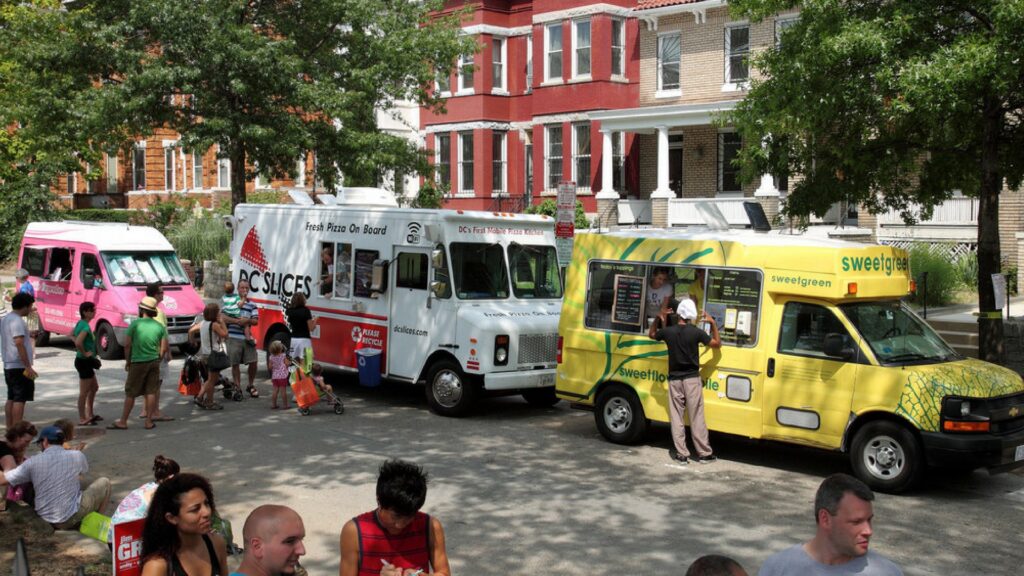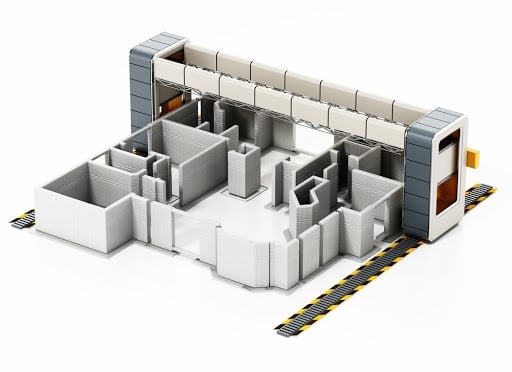In a fight against government favoritism, a pro-bono legal advocacy group with a free-market focus has recently filed a lawsuit against the city government of Louisville for discriminatory regulations against food truck operators.
Filed in the U.S. District Court of the Western District of Kentucky by the Institute for Justice, the suit alleges that the the city’s law prevent food truck operators from operating their business with 150 feet of a traditional, brick and mortar restaurant that sells similar food to that of the food truck operator.
These no go zones are known as “no-vending” zones. Ultimately, according to a press release from IJ on the suit, food trucks are outlawed in these swaths of land, even on private property. The only way a food truck can operate in these areas is contingent on the operator getting the permission to operate from the businesses within the 150-foot zone. If there is no consent, the food truck can’t operate.
“In other words, the Derby City is using government power to give an unfair leg up to its favorite businesses,” IJ’s description of the case indicates. “Louisville’s 150-foot ban does only one thing: it shuts down food trucks in order to protect restaurants and other eating establishments from competition.”
This suit follows several similar suits that have targeted governments for preventing food trucks from operating with in a certain vicinity of brick and mortar restaurants.
Notably, the city of Baltimore has similar policies that prevent food trucks from operating around brick and mortar businesses. In fact, an anti-food truck sentiment has taken several high urban localities by storm. For example, food truck proximity restrictions have also been seen in places like San Antonio and Chicago. Plus, there are a variety of legal mechanisms being used to limit food trucks from operating which include public property bans, moratoriums, and stop and wait restrictions.
Internationally, similar bans have taken cities like Milan, Italy; of whom, recently banned food trucks and selfie sticks with city officials citing that these things are both ways to anti-social behavior and increased littering, Food & Wine report.
Should food trucks be subject to such regulation?
MORE POLICY ANALYSIS ON CAPITALISM.COM
• Is Government Regulation of Butter for Safety or to Destroy Competition?
• Should a Cake Shop Be Able to Deny Services to Same-Sex Couples?
• Cronyism Isn’t Free Market Capitalism, It’s Corruption











